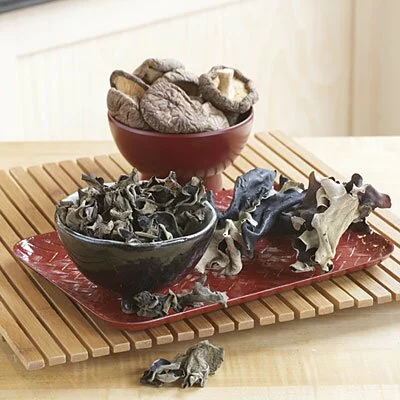
Acupuncture not only cools hot flashes that occur as a result of breast cancer treatment but may offer a host of other benefits to boost women’s well-being.
A new study shows acupuncture was as good as drug therapy with Effexor (venlafaxine) at easing hot flashes in breast cancer patients, but it also improved sex drive, energy levels, and clarity of thought. Read the rest of this entry »

Women who took a commonly used class of osteoporosis drugs called bisphosphonates had significantly fewer invasive breast cancers than women not using the bone-strengthening pills, according to a new analysis of data from the Women’s Health Initiative. Read the rest of this entry »
Cancer or the ‘Big C’, as it is fearfully referred to, is no longer considered a death sentence. The number of individuals who have survived cancer has considerably increased over the years. Certain adult cancers have a survival rate of 70% or more, while a few childhood cancers may boast of a greater cure rate. Read the rest of this entry »
 Research is rapidly identifying the compounds from plants that are most effective against cancer. Among those that are proving to be the front line of defense against an initial diagnosis of cancer and to prevent recurrence are DIM, curcumin, EGCG, genistein, and I3C. Each has its own unique actions, and when taken together in small amounts they are much more powerful than taking a large amount of only one or two. Each is readily available in supplement form. Read the rest of this entry »
Research is rapidly identifying the compounds from plants that are most effective against cancer. Among those that are proving to be the front line of defense against an initial diagnosis of cancer and to prevent recurrence are DIM, curcumin, EGCG, genistein, and I3C. Each has its own unique actions, and when taken together in small amounts they are much more powerful than taking a large amount of only one or two. Each is readily available in supplement form. Read the rest of this entry »

Two Chinese dietary staples – mushrooms and green tea – may have the power to ward off breast cancer, mounting evidence suggests. A study of over 2,000 Chinese women in the International Journal of Cancer found large quantities of both in the diet slashed cancer risk by up to 90%. Read the rest of this entry »
Huachansu, a Chinese medicine that comes from the dried venom secreted by the skin glands of toads, has tolerable toxicity levels, even at doses eight times those normally administered, and may slow disease progression in some cancer patients, say researchers from The University of Texas M. D. Anderson Cancer Center. Read the rest of this entry »



 Research is rapidly identifying the compounds from plants that are most effective against cancer. Among those that are proving to be the front line of defense against an initial diagnosis of cancer and to prevent recurrence are DIM, curcumin, EGCG, genistein, and I3C. Each has its own unique actions, and when taken together in small amounts they are much more powerful than taking a large amount of only one or two. Each is readily available in supplement form.
Research is rapidly identifying the compounds from plants that are most effective against cancer. Among those that are proving to be the front line of defense against an initial diagnosis of cancer and to prevent recurrence are DIM, curcumin, EGCG, genistein, and I3C. Each has its own unique actions, and when taken together in small amounts they are much more powerful than taking a large amount of only one or two. Each is readily available in supplement form. 
Most Commented